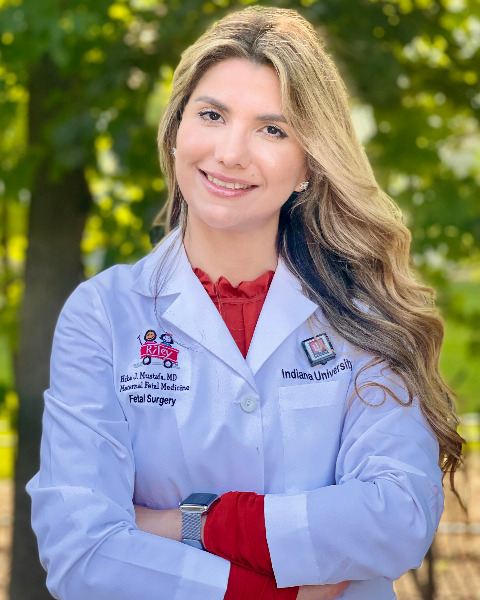Category: Genetics
Poster Session II
(483) Prenatal Agenesis of Corpus Callosum and Diagnostic Yield with Exome Sequencing, Systematic Review and Metanalysis
To determine the incremental yield of prenatal exome sequencing (ES) over negative chromosomal microarray analysis (CMA) in prenatally diagnosed agenesis of corpus callosum (ACC).
Study Design: We searched PubMed, Scopus, Web of Science, and Cochrane Library systematically from inception until February 2022. Studies reporting on the diagnostic yield of ES in prenatally diagnosed partial or complete ACC were included. Selected studies included those with more than three cases, with initiation of testing based upon prenatal phenotype only and with negative CMA. Authors of cohort studies were contacted for individual participants data. The incremental diagnostic yield of ES was assessed for pathogenic/likely pathogenic in: (1) all cases of ACC; (2) isolated ACC which was further subdivided into: 2(a) single isolated (ACC was the only brain finding), and 2(b) multiple isolated (ACC and other brain anomalies); and (3) ACC associated with extracerebral anomaly (non-isolated). The random-effect model was used to pool the risk difference (RD) and the corresponding 95% confidence intervals. Quality assessment of the included studies was performed using modified Standards for Reporting of Diagnostic Accuracy criteria.
Results: Twenty-nine studies encompassing 304 ACC cases met the inclusion criteria for the systematic review. Pooled incremental yields were: all ACC cases 47% (95% CI 37-57%), isolated ACC 43% (95% CI 31-56%), isolated single ACC 30% (95% CI 18-41%), isolated multiple 50% (95% CI 33-67%) and non-isolated 49% (95% CI 37-60%). All were statistically significant P< 0.01. The results did not differ significantly when sub-analysis was limited to studies including more than 10 cases.
Conclusion: There is a significant incremental yield of prenatal ES over negative CMA in ACC. While the greatest yield is in ACC associated with other brain (isolated multiple) or extracerebral anomalies (non-isolated), consideration should also be given to performing ES in the presence of an isolated ACC abnormality as the only brain anomaly on prenatal imaging.

Hiba J. Mustafa, MD
Assistant Professor of Fetal Surgery and Maternal-Fetal Medicine
Indiana University Riley Children's Hospital Fetal Center
Carmel, Indiana, United States- ES
Enaja Sambatur, MD
Indiana University
Indianapolis, Indiana, United States - MH
Mohammad-Hossein Heydari, N/A
Non-Communicable Diseases Research Center, Endocrinology and Metabolism Population Sciences Institute, Tehran University of Medical Sciences
Tehran, Tehran, Iran - YY
Yuval Yaron, MD
Professor of Obstetrics & Gynecology, Director Prenatal Genetic Diagnosis
Tel Aviv University
Tel Aviv, Israel, Israel - CB
Caitlin Baptiste, MD
MFM Fellow
Columbia University Irving Medical Center
New York, New York, United States .jpg)
Asma Khalil, MD, MSc (she/her/hers)
Professor of Maternal Fetal Medicine
St George's Hospital, University of London
London, England, United Kingdom- RW
Ronald Wapner
- HA
Huda B. Al-Kouatly, MD
Thomas Jefferson University
Philadelphia, Pennsylvania, United States

.png)
